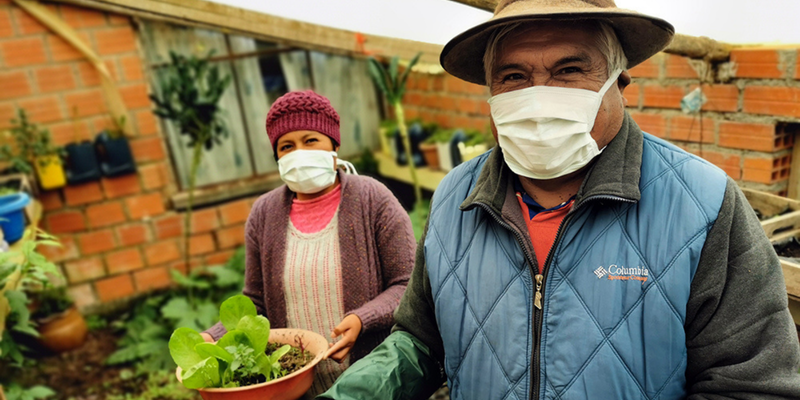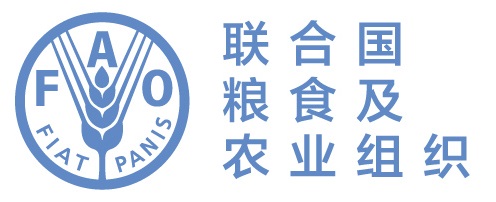The Committee of World Food Security pledges towards renewed commitment to the right to food and plant health across the world
Posted on Thu, 11 Feb 2021, 15:21

© FAO
Rome, 9 February 2021. The COVID-19 pandemic has affected the realization of sustainable and inclusive food systems around the world, putting not only human health but also the right to food of people at risk. Ensuring the human right to adequate food becomes now more crucial than ever to build less vulnerable food systems and accelerate world’s progress towards the Sustainable Development Goals (SDGs). And protecting plant health is part of the solution. With up to 40 percent of global food crops destroyed by plant pests every year, protecting plants and agriculture from pest outbreaks becomes a global priority, indispensable to ensure food security and the right to nutritious food in times of crisis.
These were the main messages conveyed at the 47th session of the Committee on World Food Security (CFS 47)’s side event organized by the Friends of the Right to Food Group of Member Countries in Rome, in collaboration with FAO and the IPPC Secretariat. In their opening remarks, H.E. Hans Hoogeveen, Ambassador of the Kingdom of the Netherlands, and Mr Gabriel Ferrero, Director General for Sustainable Development Cooperation Policies of Spain, stressed the urgency for all stakeholders to engage in transformative and sustainable solutions to guarantee the right to food, defined as the compass every country should follow to address the consequences of COVID-19. Thus, for their indispensable contribution to food security and the right to food, “plant health, genetic diversity and agro ecology matter as a human right concern”, stated Mr Michael Fakhri, Special Rapporteur on the Right to Food, in a video message.
The necessity of protecting plants and agri-food crops from plant pests and diseases and the importance of building strong governance systems for food security was addressed by Ms Elsa Simões, Deputy Permanent Representative to FAO, IFAD and WFP of Cabo Verde and member of the International Steering Committee of the International Year of Plant Health. The case of Cabo Verde exemplified not only the challenges brought into life by the burst of the pandemic, but also the impact of climate change on plant health and the environment of a small developing island country. Ms Simões underscored that CFS Policy Tools like the Right to Food Guidelines, and the implementation of the IPPC standards help countries achieve food security, while detecting and eradicating invasive alien species that undermine their productivity.
Ms Sania Nishtar, Special Assistant to Prime Minister on Social Protection and Poverty Alleviation of Pakistan, explained how a variety of policy domains and layers have come together to guarantee people remain at the core of the solutions to the crisis. Pakistan has put in practice innovative social protection measures to reach out to 15 million breadwinners through a mobile-based monetary transfer scheme that utilizes commercial banks biometric payment systems. In fact, policies and technology should serve people, as Mr Hem Mulders, Head Global for Food and Agriculture Strategy and Positioning at Rabobank, emphasized during his intervention. He shared good practices for businesses to take into consideration the needs of smallholder farmers and offer them appropriate technology to act upon the interests of consumers. On the other hand, social movements have been very active in putting in place actions that give people access to safe, affordable and nutritious food, through initiatives like food banks and local purchases. Social movements and local governments have been at the forefront in responding to the pandemic, highlighted Elisabetta Recine, professor at the University of Brasilia.
The COVID-19 pandemic has demonstrated that the most vulnerable are always the most affected in time of crisis. This global health emergency is putting the right to food at increased risks. By working on sustainable multi-sectoral and multi-stakeholder approaches, and implementing international IPPC standards for phytosanitary measures, countries can tackle this emergency, while protecting and trading plant and agricultural products safely.

